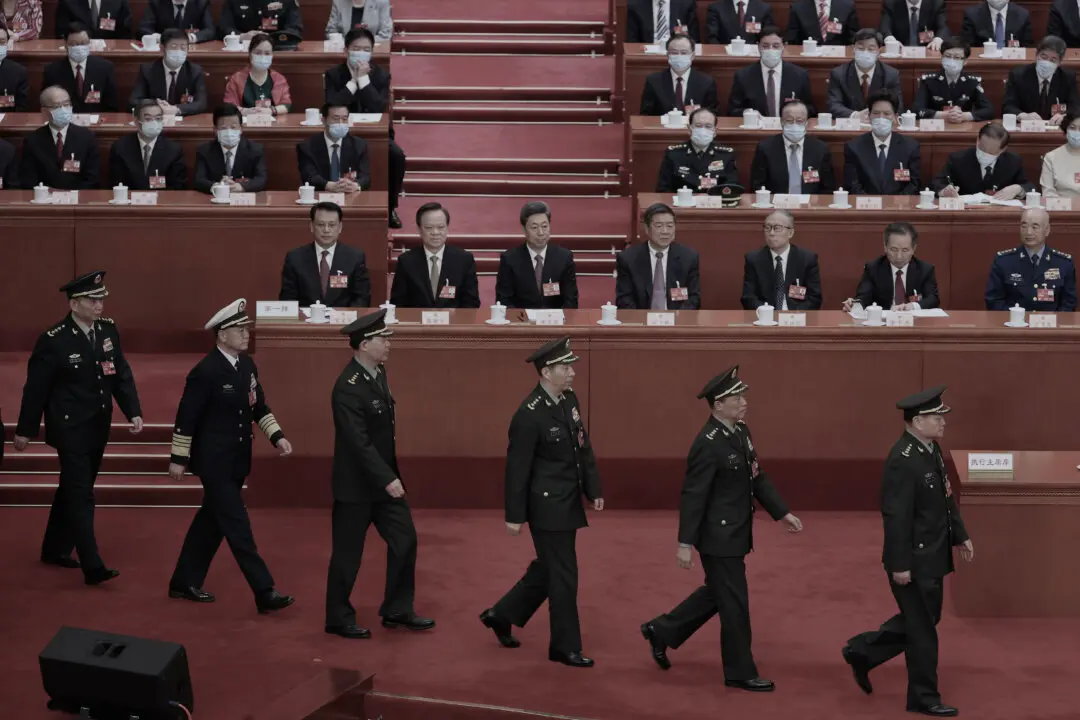The Chinese idiom 莊周夢蝶 (zhuāng zhōu mèng dié) literally means “Zhuang Zhou dreams a butterfly.”
Zhuang Zhou, also known as Zhuang Zi, was a famous Taoist philosopher during the Warring States period. Zhuang Zhou was moved by a particularly vivid dream, a dream that led him to ponder the reality of his existence.
One night, Zhuang Zhou dreamed that he was a butterfly, flitting about with care-free ease. The dream was so real that, when he awoke, he wondered if he was Zhuang Zhou who dreamed he was a butterfly or if he was really a butterfly dreaming of being Zhuang Zhou. If the dream seems real, how does one determine which is reality?
Zhuang Zhou posed the question, “Are we awake or are we dreaming?” challenging human notions of what is real and what is illusion. He examined the relationships and connections between different realms and dimensions: the dream world and so-called reality.
Emperor Ming of the Western Han Dynasty was also inspired by a dream, a dream of watching a gigantic, golden man descend from the sky. Because of his interpretation of the dream, Emperor Ming brought Buddhism to China.
This story is an example of how the ancient Chinese understood and mediated the relationship between dreams and reality, and how the dream world, or dimension, helped shape the history of the reality that is our dimension.
The concept behind the Chinese idiom 莊周夢蝶 has also been presented in various forms in other cultures. It is posed as philosophical theories, the foundation of spiritual quests, and fundamental questions regarding the human condition.
The French philosopher René Descartes explored the “dream/reality argument” in his Meditations on First Philosophy.
Contemporary cinematic approaches to probing this concept include The Matrix in which Neo’s choice of one pill over another would serve to perpetuate the “dream” or awaken him to the reality of his existence.
In the film Inception, the characters carry a token to ground themselves to what they believe is reality as they drift between levels of dreams at the risk of getting lost in them forever.
Dream or reality? Zhuang Zhou’s question is as important today for those who engage in spiritual quests, for human beings earnestly seeking enlightenment.




